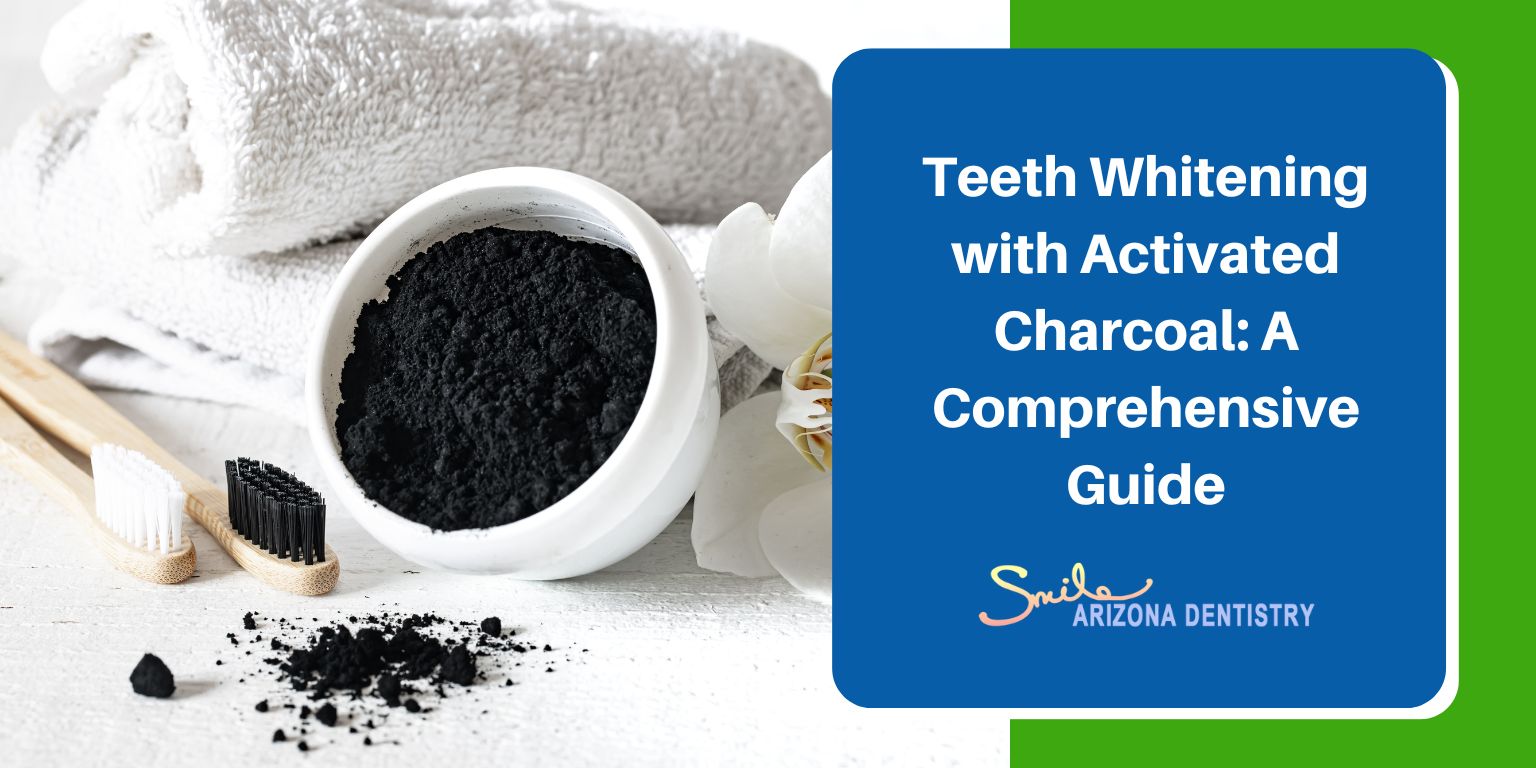


Activated charcoal has become popular for whitening teeth due to its purported ability to absorb stains and toxins. While there is still some debate over its effectiveness and safety, many individuals swear by this method to achieve a whiter smile. This blog will explore the pros and cons of using activated charcoal as a teeth whitening method and provide insights on whether charcoal toothpaste is safe for your teeth or not to help you make an informed decision.
Activated charcoal is a fine, odorless, black powder created by heating materials like coconut shells, wood, or peat at high temperatures in the presence of gas. It absorbs toxins and impurities, making it a popular ingredient in skincare and teeth whitening products. When used to whiten teeth, activated charcoal is typically mixed with water to form a paste, which is then applied to the teeth and left on for a few minutes before being rinsed off.
Activated charcoal has become increasingly popular as a natural teeth whitening solution in recent years. Below are listed some of the potential benefits of using activated charcoal:
Activated charcoal has become a popular trend in recent years for teeth whitening. However, there are several potential cons to using activated charcoal for teeth whitening, including:
This is a popular natural remedy for teeth whitening. It is believed that charcoal's porous nature can bind to and remove surface stains from teeth. While there is some evidence that suggests that activated charcoal can have a whitening effect, it is not a replacement for regular dental care and may even be harmful to tooth enamel if used excessively. It is important to consult a dentist before using activated charcoal for teeth whitening.
Activated charcoal has become a popular natural remedy for teeth whitening due to its ability to absorb and remove surface stains on teeth. However, it's important to note that using activated charcoal for teeth whitening comes with side effects. Here are some possible side effects of activated charcoal for teeth whitening:
Activated charcoal helps to remove surface stains and improve the overall appearance of teeth, but it can also be abrasive and potentially damage enamel if used excessively. There is not enough research to support its effectiveness in preventing cavities or improving oral health. It is important to consult with your dentist about whether activated charcoal toothpaste is safe before using it.
Ready to transform your smile with professional teeth whitening services? Look no further than Smile Arizona Dentistry! Our experienced team of dental professionals can help you achieve a brighter, whiter smile in no time. Schedule your appointment today to achieve the smile you've always wanted. Don't wait - book now!
Conquering Dental Anxiety: Causes and Strategies for Relief
Guide to Everything You Need to Know About Dental Sealants
The Truth About Teething and Fever: Separating Fact from Fiction
Nourish Your Smile: The Top Foods to Eat and Avoid for Optimal Dental Health